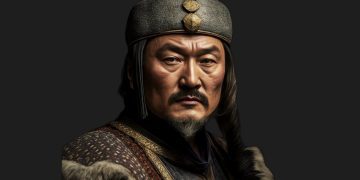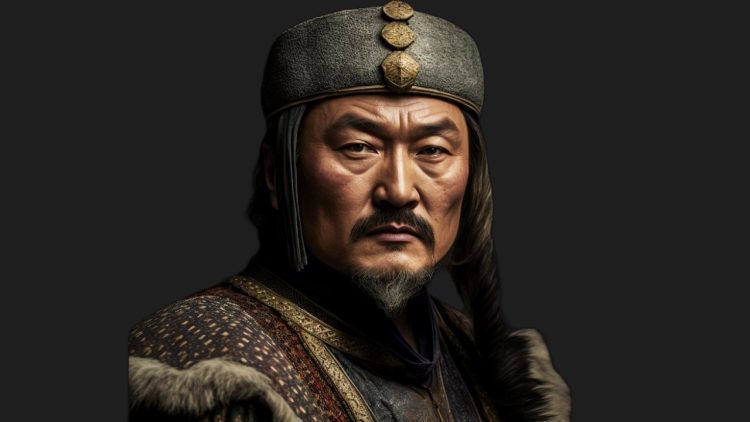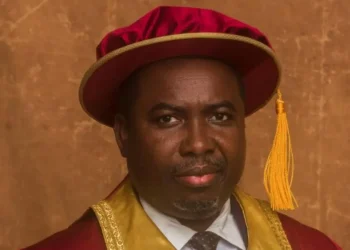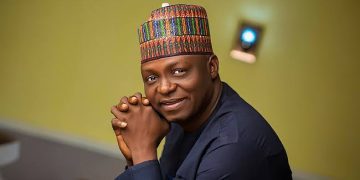Legendary for his military strength, strategic acumen, and forward-thinking leadership, Genghis Khan (c. 1162–1227) changed the path of history. Here’s a closer look at this legendary ruler’s life and lasting legacy:
Early Life and Rise to Power:
His early years were difficult as he learned to handle the harsh reality of life on the Mongolian steppes. He was born as Temüjin. Early on in his career, Temüjin was propelled into leadership roles following the assassination of his father, Yesugei, when he was just nine years old. Temüjin, in spite of his youth, showed incredible fortitude and will, uniting his clan and family in the face of uncertainty and hardship.
Temüjin set out on a purpose that would define his legacy, and that was to unite the Mongol tribes into a stronger, more cohesive nation. He created alliances through political scheming and marriage alliances because he recognized the value of strategic diplomacy and alliances in accomplishing his objectives. Temüjin eventually won the allegiance and admiration of surrounding tribes by his charm, cunning, and military strength; this earned him the moniker Genghis Khan, which translates to “universal ruler.“
Genghis Khan’s goal of unification went beyond simple conquest to include building a unified civilization that was resilient to both internal strife and outside attacks. He instituted the Yassa, a set of rules that regulated every facet of Mongol existence and placed a premium on justice, discipline, and devotion. He turned the Mongol tribes into a powerful fighting force whose allegiance to their Khan and shared goals brought them together.
Early adversity and bereavement molded Genghis Khan’s personality and manner of commanding others, giving him a great deal of empathy for his people’s plight. He devoted his life to establishing a society in which each person had a stake in the prosperity of the country because he recognized the value of togetherness and solidarity in the face of hardship. Genghis Khan left an enduring impression on the world by leading the Mongol Empire, which grew to become one of the biggest and most powerful empires in history.
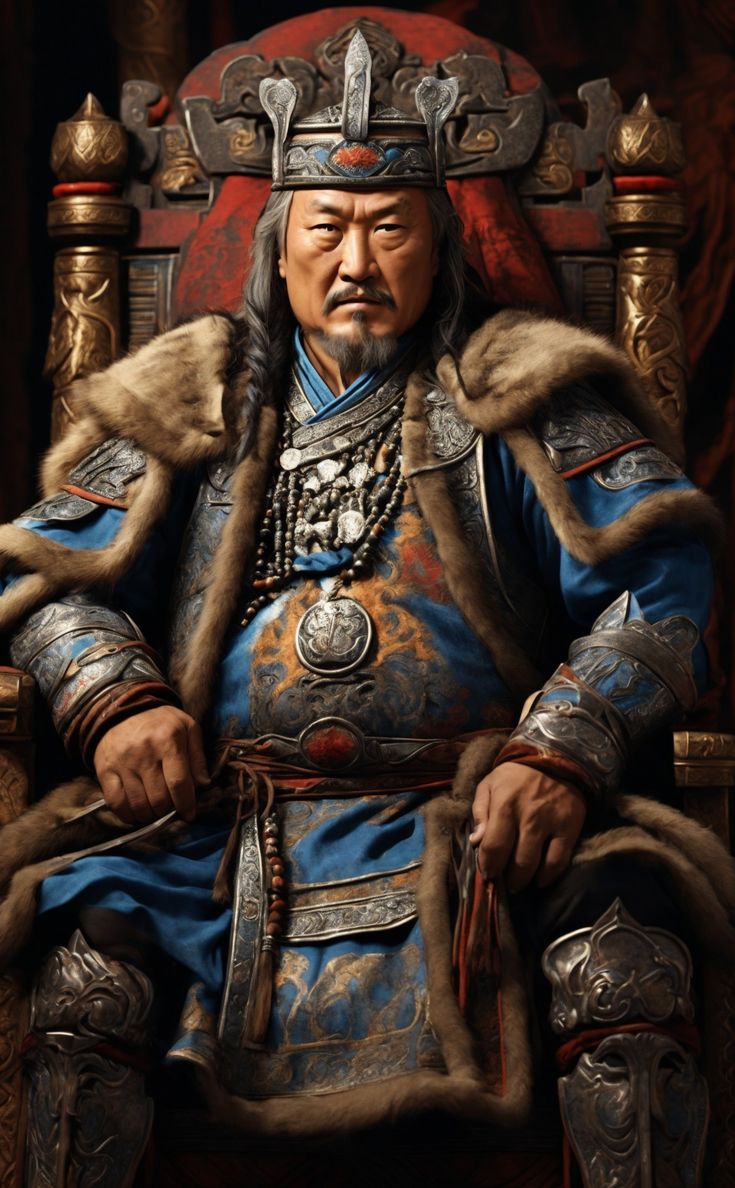
Formation of the Mongol Empire:
Mongolia’s nomadic tribes were brought together into a powerful military force by Genghis Khan’s cunning diplomacy, strategic alliances, and military conquests. He founded the Mongol kingdom in 1206, which would go on to become the most contiguous kingdom in history, and was hailed as the Great Khan, or universal monarch.
Military Campaigns and Conquests:
The military campaigns of Genghis Khan were characterized by previously unheard-of ferocity, speed, and mobility. He defeated strong foes like the Jin Dynasty in China, the Khwarezmian Empire in Central Asia, and the Kievan Rus in Eastern Europe with his forces of expert horsemen and archers, which swept across Asia.
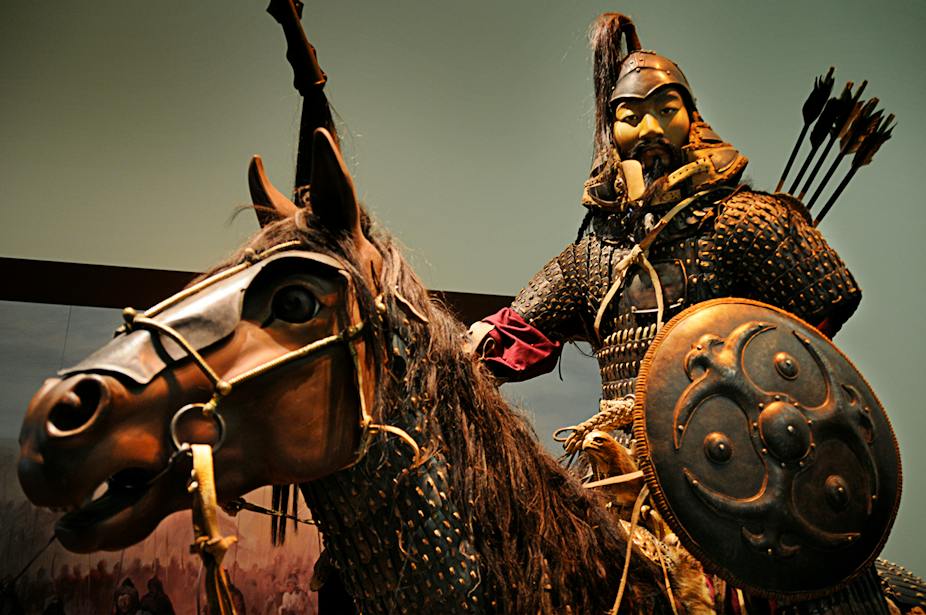
Tolerance and Administration:
Though he was known for his brutal conquests, Genghis Khan was also a practical politician who established a political structure based on meritocracy, religious tolerance, and cross-cultural interaction. He promoted trade and communication throughout the various parts of his kingdom and recruited talented officials regardless of their religious or ethnic origin.
Legacy and Impact:
The enduring impact of Genghis Khan is intricate and varied. He is well known for his military victories and the destruction they caused, but he also made a significant contribution to global history by fostering trade, communication, and cross-cultural contact. The interchange of products, concepts, and technology throughout Eurasia was made easier by the Pax Mongolica, often known as the Mongol Peace, which laid the groundwork for the modern, globally interconnected globe.
Eternal Inspiration:
People all throughout the world are still captivated and motivated by the life and legacy of Genghis Khan. His narrative serves as a reminder of the revolutionary influence that vision, tenacity, and leadership have had on the development of human history. Genghis Khan is remembered for founding one of the biggest empires in history, and his influence can be felt for centuries to come, leaving a lasting impression on the fabric of society.
